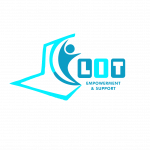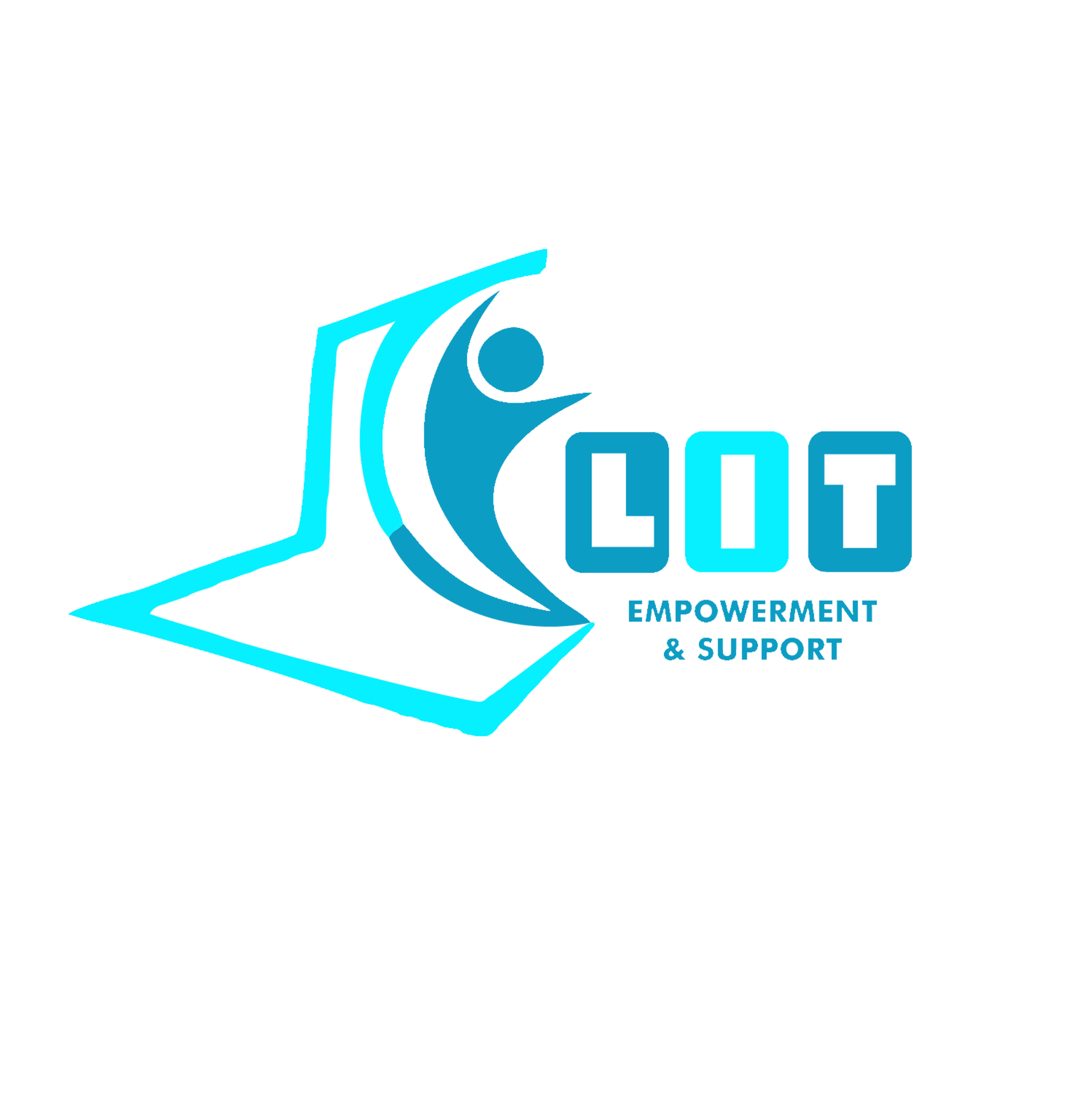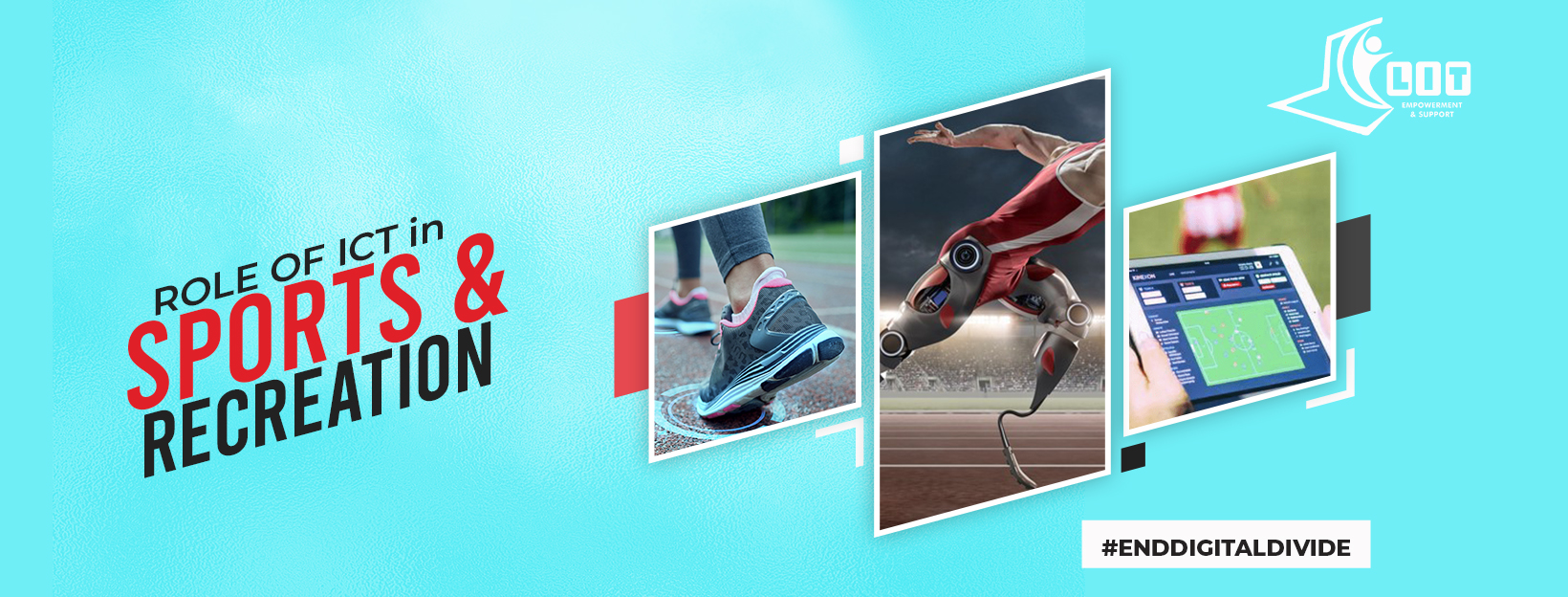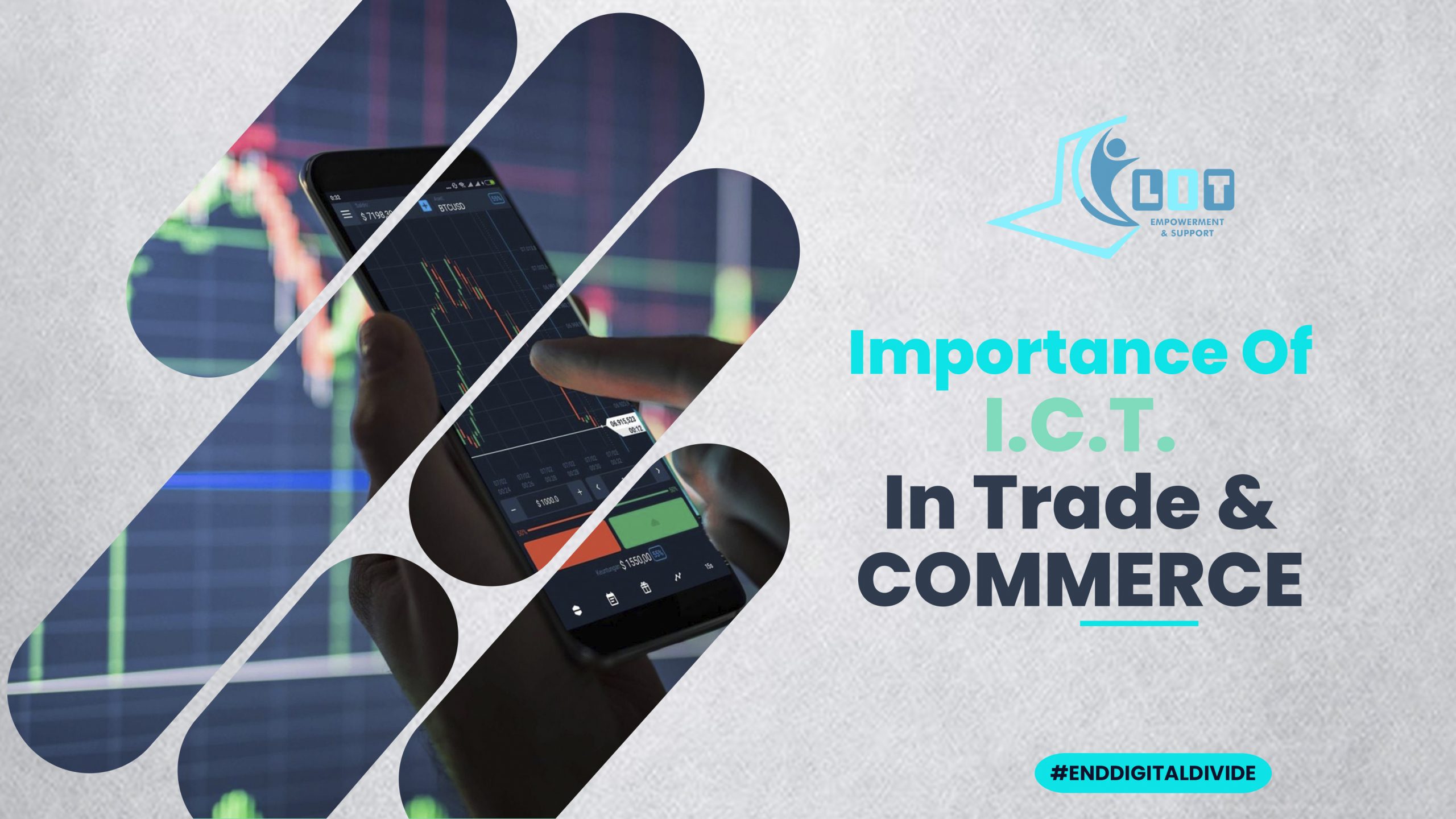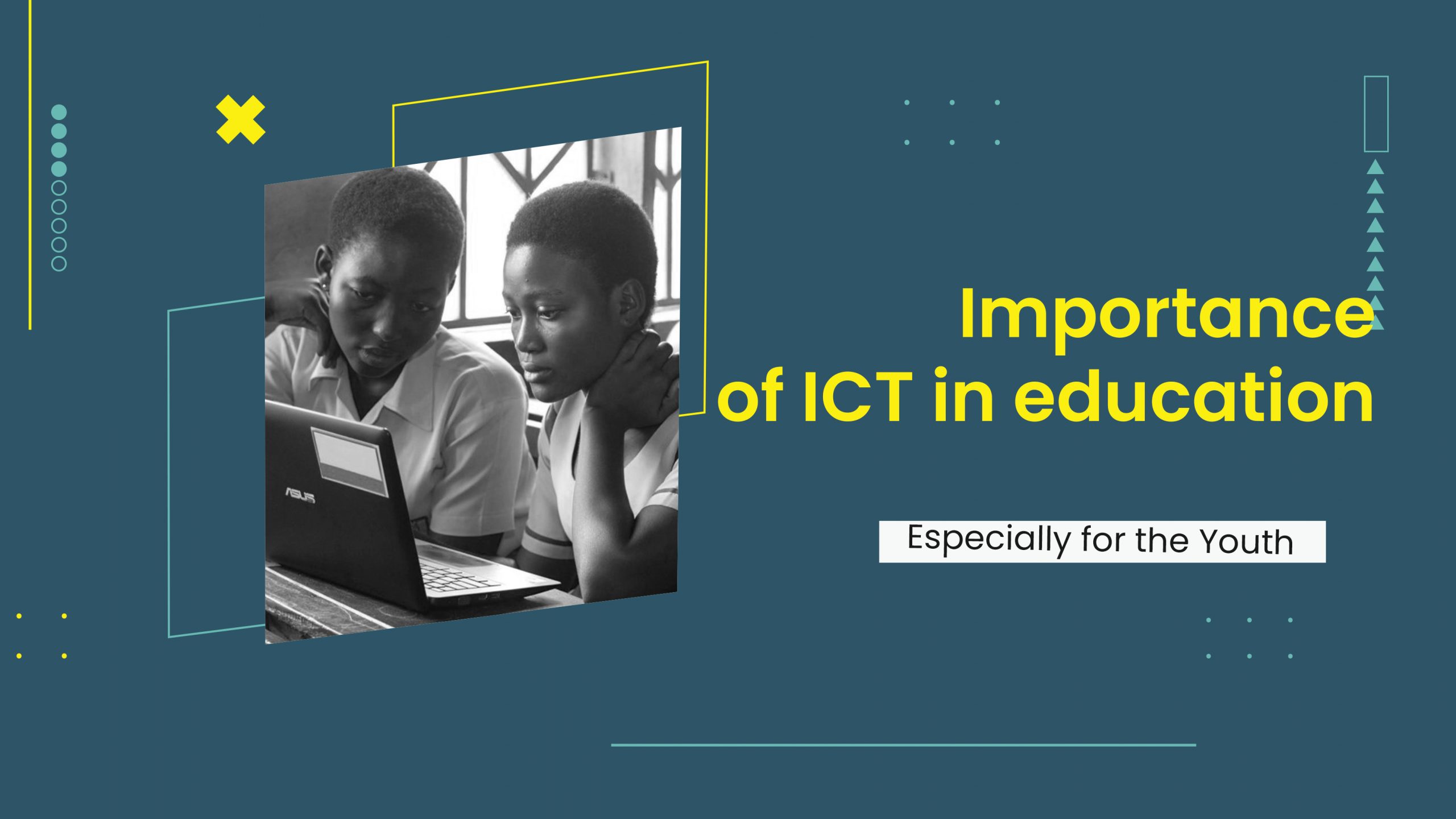Sports is an activity involving physical exertion and skill in which an individual or team competes against another or others for entertainment.
Sports is important for mankind because it involves exercises that help maintain the heart and other organs in the body. It is often said that, a healthy mind lives in a healthy body. Sports is also a job and business. Some sporting events include athletics, football, sitting volley ball, basketball, the combat sports like, judo and taekwondo. There is also the pugilist sports-boxing, wheel chair race, ice hockey, gymnastics and paintball just to mention a few.
Evolution of Sports
It is widely known that many sporting events have evolved overtime. The story is told traditionally, of how footballers in the past used to kick the ball very hard high up, put their hands on the waist as the ball drops to the ground. At that time, goal scoring in the game wasn’t a priority because the game wasn’t competitive. Some more sporting events have also been invented and added to the list. An example is paintball. It is quite evident that physically challenged people did not compete in sporting events in the past, at least, not on a competitive level. Today, there is the Paralympic which is held in the same city, almost parallelly, to the Olympics.
Specific Roles of ICT In Different Sporting Events
It is absolutely important that developing countries, especially those in Africa realize that ICT is pervading every area of life, including sports and recreation. In athletics, for example, I CT is used to decide and determine fault starts and winners in a close contest. In football, the VAR Video Assistant Referee is been deployed to at least reduce to a great extent, the severe disputations that characterized matches during the yesteryears. In tennis, IT based gadgets are used to call shots concerning balls that cross the line or otherwise. I CT can be used to quantify a sportsman’s performance in a game, event or over a period. For example, by the magic of ICT.The distance covered by an athlete can be ascertained. So is the number of passes he/she has made; number of successes and/or failures. Shots on goal and misses. Number of tackles, number of goal assists and much much more. All this information and analysis inform the kind of training and strategy for matches and so on.
Specific Roles of ICT in Recreation
An amusement park is operated on IT based devices. A rollercoaster for example, has ICT controls. The lotteries and the way winning numbers are generated are all done using IT based tools. Then, there are the numerous computer games and their unique features. While some of these games are played by means of consuls, others are simply made to run on smart phones, laptops and desktops and can be played by means of keyboards and pads.
How can populations of developing countries, especially the youth harness the resources that abound in ICT to unearth talents, consolidate and maximize the benefits that accrue from sports? They certainly must align and embrace ICT and all it’s prospects. Meanwhile, the digital gap between the developing countries, especially Africa and the rest of the world remains widely wide.
Have You Heard of Lit Empowerment and Support Incorporated?
Lit Empowerment and Support Incorporated as an organization, is non governmental and non profit in nature. It aims at assisting marginalized (in the ICT sense) communities and schools to simply bridge the digital divide. In view of the fact that the organization is a non profit one, the task is daunting. Lit Empowerment therefore appeals to governments, cities, organizations, institutions, philanthropists, businesses, faith groups and individuals to partner them assist the lowly and unfortunate ones in the low penetration areas. This, the organization believes would add a little bit more impetus to it’s noble course.
Electronic Scoreboards Et Al
Live feed and streaming of sports and sporting events are all too familiar with us. Some ICT is in the mix there. Electronic scoreboards and other media have ensured that during sporting events, fans are addressed and informed directly.
ICT in Physical Education
In physical education, CT is used in refining basic and complex motor skills in order to apply them to increasingly complex games, activities and sport specific situations. Instructors and students of P.E. can actually capture images of sporting activities and edit them to explain skill perfection and/ or tactics. I have personally seen on the American WrestleMania stage, the deployment of virtual fans in a way that makes one think that, the fans are really actually in the match venue physically. That’s amazing! Isn’t it?
In spite of the COVID-19 Pandemic, Japan hosted the 2020 Olympics enviably. Need I say more?
